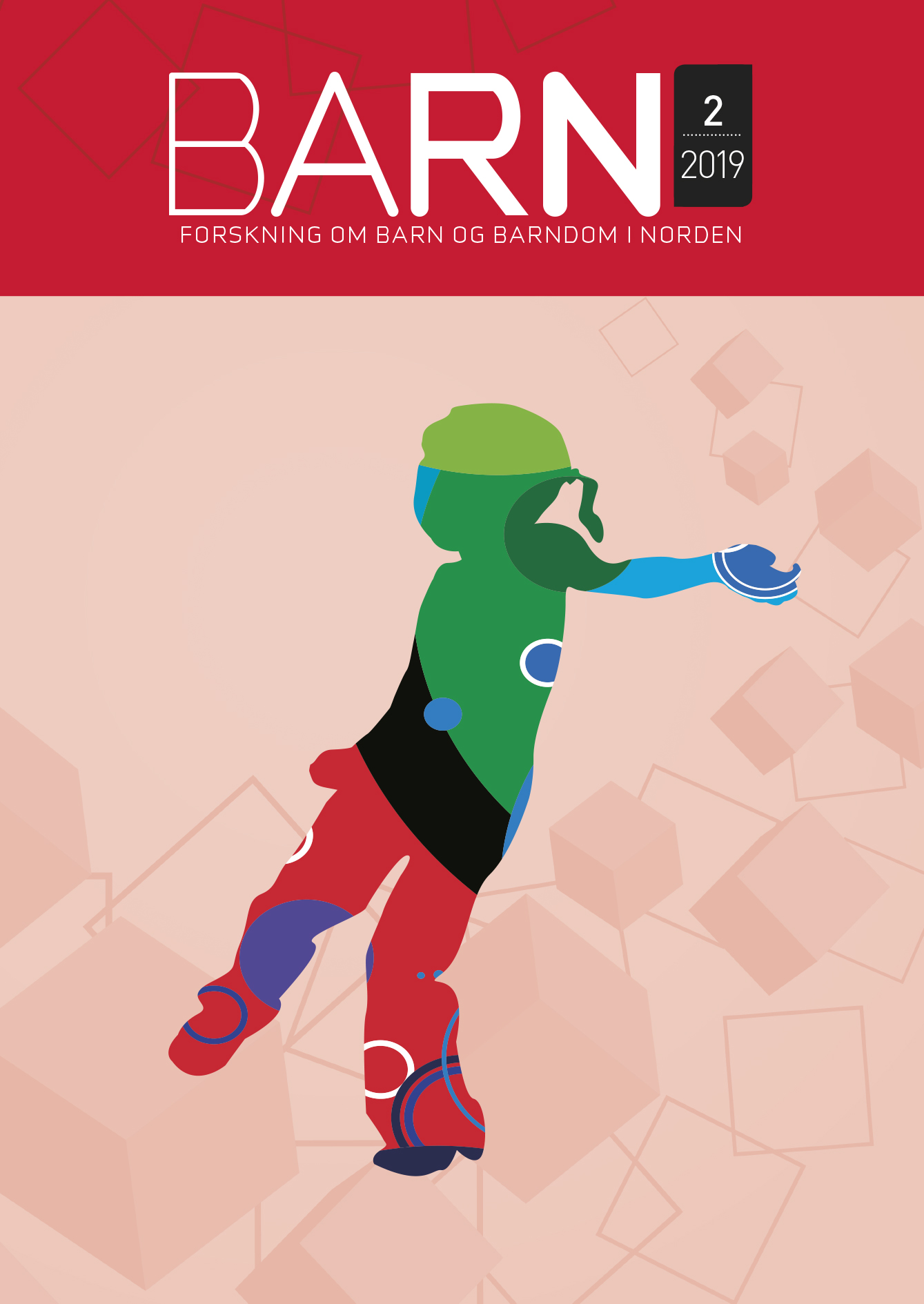Studying intergenerational processes in 21st century rural African societies
Abstract
This paper illustrates the impact of political economy on young people’s life courses and intergenerational processes in rural Africa. Rapid transformations and social changes in rural Africa often as a result of political economy contributes to the increasing malleability of rural contexts and tensions across the life courses of children and youth. The temporality and spatiality of globalisation are illustrated using the neo-liberal policies in the Economic Structural Adjustments Programmes (ESAPs) and the global educational policies in the Millenium Development Goals (MDGs). The paper discusses the epistemological and methodological implications of political economy in rural African societies including approaches that capture complex interpenetrating factors contributing towards “constructions of young lives”, “contexts and identities” and “agency and social responsibilities”.
Full text
Published
How to Cite
Issue
Section
License
Copyright (c) 2019 Douglas Tendai Phiri

This work is licensed under a Creative Commons Attribution 4.0 International License.


